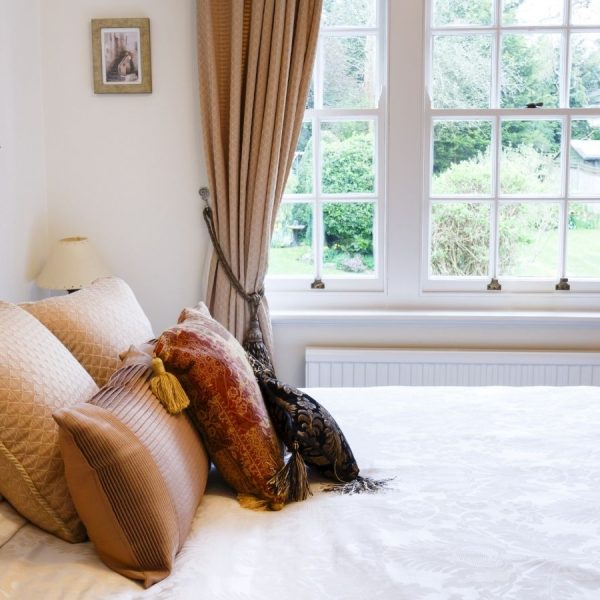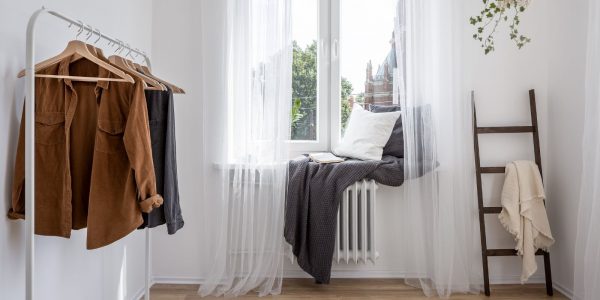
In the year ending March 2021, a record 45,965 Help-to-Buy equity loans were given to first-time buyers, indicating that first-time buyers’ desire for housing remains strong. Over a third of the property acquired by first-time buyers came to less than £200,000. And more than half of those who benefited had a family income of less than £50,000. First-time buyers have deposited at least 5% in 58% of cases. Since the initiative began in April 2013, the government has granted more than £16 billion loans.
Help-to-Buy has been accessible to first-time purchasers exclusively from April 2021, with regional price limitations ranging from £186,100 in the North East to £600,000 in London.
If you are looking for a new home in Liverpool, you will be considering whether you should be renting or buying next. In our last article, we went through some things you should consider before determining if you want to rent your new home.
If you are leaning more towards buying your new home, we go more in-depth into what you should consider before doing so.
Your mortgage & other costs
To finance the majority of the cost of your new home, most first-time buyers will need to acquire a mortgage, which will typically require a minimum deposit of 10%. Aside from the cost of the land, there are additional expenses that are frequently overlooked. You’ll need to hire a solicitor and budget for their extra costs. It’s a good idea to set aside at least a couple of hundred pounds if you have furniture to move and need to hire a removal company or a truck. If the home is worth more than £125,000, you’ll additionally have to account for stamp duty.
The location of the property
The cost of a home varies considerably depending on the location. If you’re dissatisfied with what you can afford in a particular location where you’d want to live, consider compromising on the area if you really need that extra bedroom. Or you could seek cheaper houses that need upgrading and undertake the work as you can then afford to get the most space for your money. Once you’ve discovered a home you like, go back to see it a few times because you’re likely to miss anything important on the first visit and miss possible issues.
Commuting to work
Whilst considering the area, think about how easy it will be to get to work. Most of us have to commute to work at a different location. You are likely looking at properties near your place of work, but it is worth considering whether you are likely to change your job in future. Sticking to rural locations may limit your work choices in future, whereas buying a home near good transport links may help. Moving house can be stressful for a lot of us as well as costly. You might be glad if you don’t have to move home to find a job later on. Even if houses nearer city centres and towns are more expensive than surrounding areas, think about how much it would cost each week in petrol or train fares.
If you are thinking of moving house and aren’t sure where to start looking for accommodation, give our team at Qube Residential a shout for any queries.
Sources: Dataloft, UKHPI.



